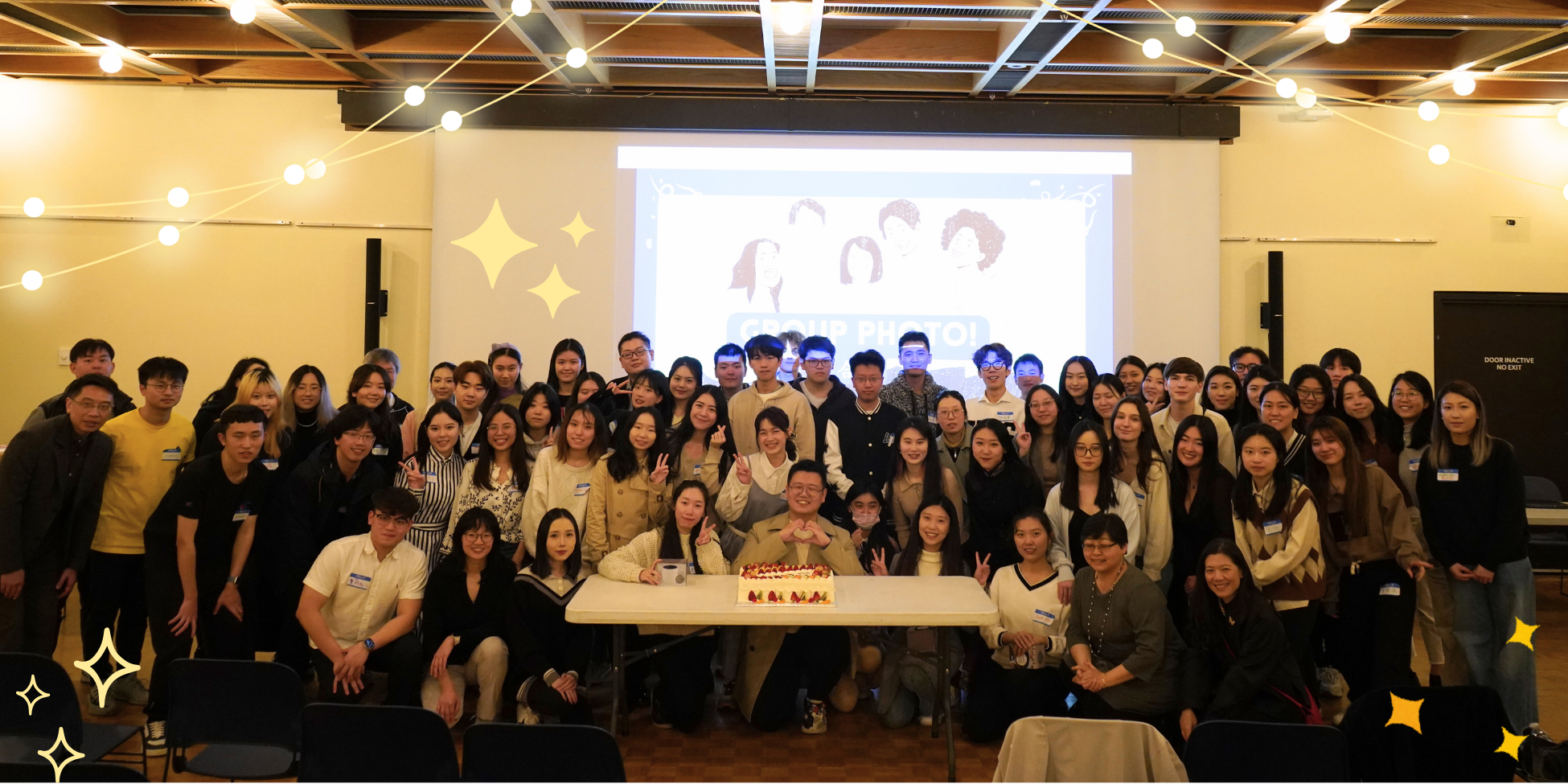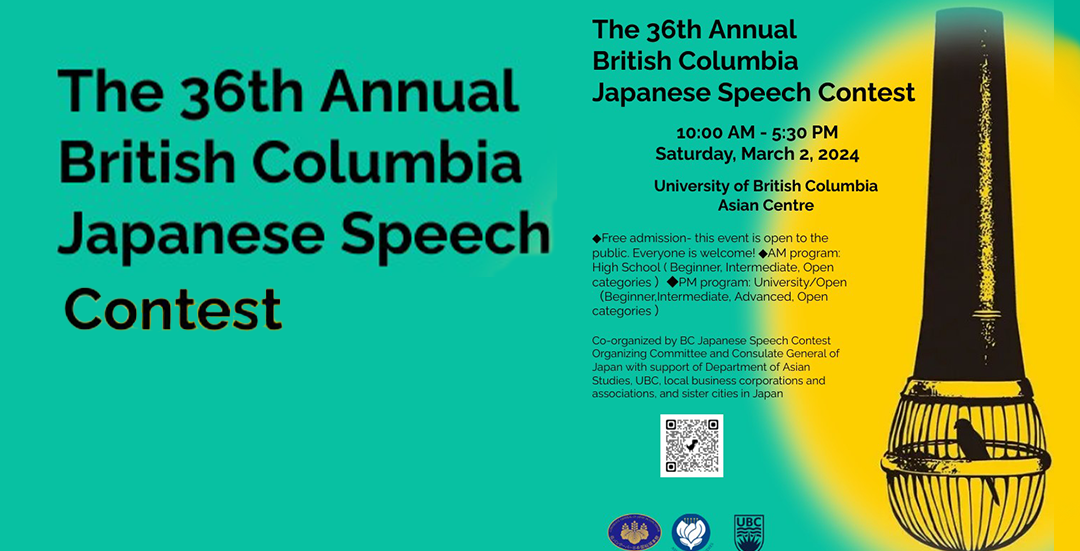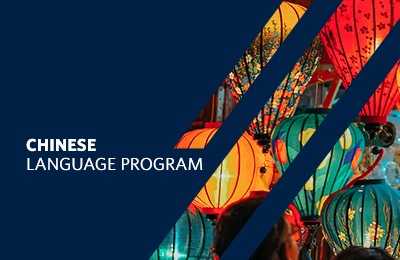Nusantara’s Indigenous Knowledge was a joint undertaking between Dr. Tom Hunter and Dr. Dwi Puspitorini of the University of Indonesia’s Faculty of Cultural Studies (as well as professors and graduate students of the Faculty), to co-edit the June 2020 publication.
As the title suggests, each introspection in the book features its own nuances in the approaches the author takes in analyzing both local tradition and artifacts in juxtaposition to contemporary societies of not only Indonesia, but South East Asia as a whole.
Tom has shared his experience in his own words below:
In May 2018 I was invited to participate in an international seminar of the Laboratory for Lexicography and Lexicology of the Faculty of Humanities at Universitas Indonesia (UI). Located in Depok, south of Jakarta, UI is among the most prestigious universities in Indonesia, and currently making a considerable effort to modernize their programs and make them more relevant to the pressing needs of contemporary society. My talk at UI looked at the history of the rich literature of Java, Bali and Sunda from the perspective of diglossia, the use of at least two registers of language, one the everyday, quotidian language, the other a specialized language that is “no one’s mother tongue” but is the key to participation in the cultural and political life of society. In this talk I also traced the history of the “speech registers” Javanese, Balinese and Sundanese” to a “habit of diglossia” that began as early as the end of the 1st millennium CE.
In January 2019 I was invited to join with Dr. Dwi Puspitorini to co-edit a work with the provisional title “Local Knowledge of Nusantara. Dr. Puspitorini had been my host in Depok, and we had corresponded frequently after I reviewed her doctoral dissertation on ”the verbal affixes of Old Javanese” for publication by the École française d’Extrême-Orient (EFEO). In May 2019 completed chapters began to arrive from the contributors and in early August a full set of ten chapters had been submitted. Dr. Puspitorini and I met to discuss the chapters at the scenic study site of the “Fifth International Intensive Course in Old Javanese” (5th IICOJ) located on the southern slopes of Mount Merapi, near Jogjakarta, a cultural center known for its many universities–and student prices for the necessities of life.
Realizing that a hard deadline of December 20 for completion of the project meant that there would be some pressure of time we decided that when necessary I should invite editorial assistance from friends and colleagues who are native speakers of English. The team eventually included four persons, two of them studying at UBC. These invaluable assistants included:
- Christine Knight, a professional editor working out of the U.K., who is an old friend and acquaintance of Sophie Gardner, Events Coordinator for the Dept. of Asian Studies at UBC.
- Mikhaela Beatriz Torio, who has recently completed her BS in Integrated Sciences (Physiology and Immunology) at UBC.
- Laura Jones, a recent BA in Asian Studies at UBC who will begin a doctoral program in Sanskrit in Winter1 2020.
- Monali Varaiya, who attended the Fifth IICOJ in July-August 2019 and is currently a Fulbright scholar completing field work on the Gambuh form of classical Balinese dance.
The biggest challenge that Dr. Puspitorini and I faced in completing the volume was how to organize the ten contributions around a central theme, and then group the contributions in several broad categories. In order to fulfill the dictum of the Faculty of Humanities to produce an work that can serve as a model for similar efforts in the future, we chose to focus on the idea of a building a new understanding of university departments as “interpretive communities” whose work should reach out to the larger society using the communicative skills aimed at in a college education. In addition we wanted to continue to call attention to the appropriateness of the term Nusantara, a word with a long pedigree in the Malay-Indonesian archipelago that defines a larger domain that is not defined by the political boundaries of nation-states but by social and cultural commonalities that are part of the richness of life in contemporary Southeast Asia.
The efforts of the Faculty of Humanities to modernize and internationalize their programs has more recently been visible in their recent call for papers for an International University Symposium of Humanities and Arts to be held online between September 29 and October 1, 2020. The theme of the conference–Humanities in the Time of Crisis–illustrates very clearly the focus of UI and similar institutions of higher learning in Indonesia on making university life relevant to the ongoing needs of contemporary societies.


